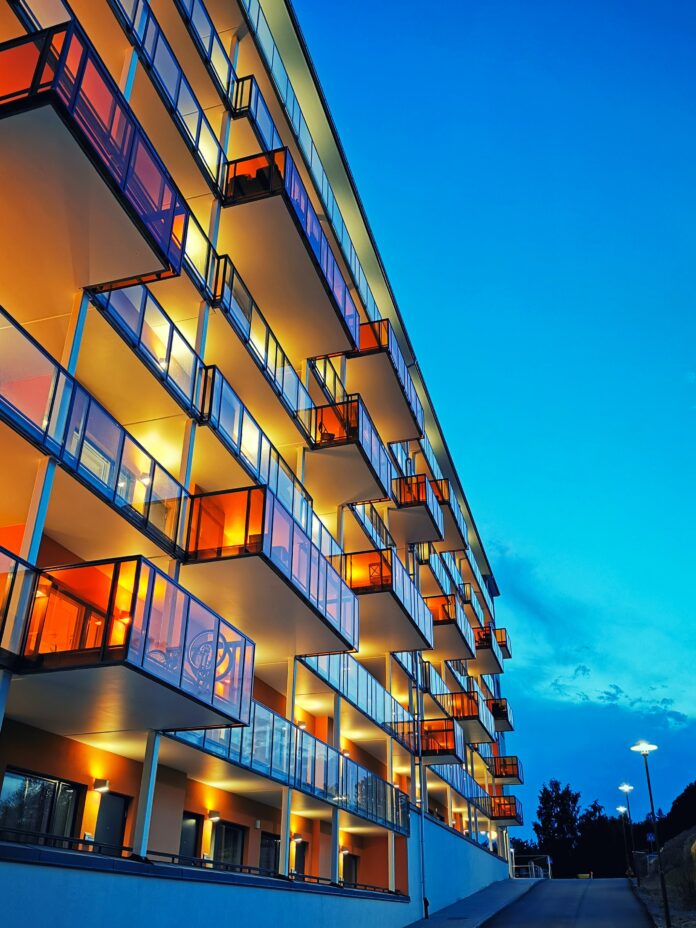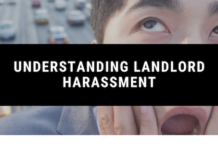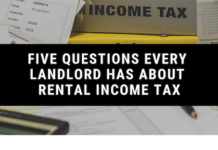Being a tenant can sometimes feel like living in a legal gray area. You’re responsible for rent and keeping the place tidy, but what about your rights? In the face of unexpected repairs, noisy neighbors, or even a questionable lease agreement, knowing your rights can empower you to navigate your rental with confidence. So, whether you’re a seasoned renter or a newbie just moving in, let’s explore the top 5 tenant rights you should keep close:
1. Right to a Habitable Home: This doesn’t just mean having a roof and four walls. A habitable home implies a safe and healthy environment with working plumbing, electricity, heating, and proper ventilation. Leaky faucets, broken windows, or pest infestations fall under this category, and your landlord is responsible for addressing them promptly. Remember, you have the right to withhold rent if essential repairs are neglected.
- You have the right to live in a safe and healthy environment with working utilities, proper ventilation, and freedom from hazards like mold or pests.
- Your landlord is responsible for making necessary repairs in a timely manner.
- Source: U.S. Department of Housing and Urban Development: https://www.huduser.gov/portal/topics/tenant_rights
2. Freedom from Discrimination: Your landlord cannot deny you housing based on your race, religion, gender, sexual orientation, familial status, or disability. This applies to both the initial rental process and during your tenancy. If you suspect discrimination, document everything and seek legal counsel. Fair housing organizations can also be valuable allies in such situations.
- You have the right to rent a home without being discriminated against based on your race, religion, gender, sexual orientation, familial status, or disability.
- This applies to both the application process and during your tenancy.
- Source: Fair Housing Act: https://www.hud.gov/fair-housing/overview
3. Right to Privacy: Your home is your castle, and your landlord needs to respect your privacy. They can’t enter your unit without prior notice (except for emergencies) or conduct unannounced inspections. You have the right to refuse entry unless they have a valid reason and have provided proper notice. Additionally, your landlord cannot collect or share personal information about you without your consent.
- Your landlord cannot enter your unit without prior notice (except in emergencies) or conduct unannounced inspections.
- You have the right to refuse entry unless they have a valid reason and have given proper notice.
- Your landlord cannot collect or share personal information about you without your consent.
- Source: Fourth Amendment to the U.S. Constitution: https://constitution.congress.gov/articles/4/4/3
4. Advance Notice of Eviction: Your landlord can’t just kick you out on a whim. Depending on your location and lease agreement, they’re required to provide you with a written notice of eviction, typically ranging from 30 to 90 days. This notice must specify the reason for eviction and comply with legal procedures. If you receive an eviction notice you think is unfair, seek legal advice immediately.
- Your landlord must provide you with written notice of eviction, typically 30-90 days in advance, depending on your location and lease agreement.
- The notice must specify the reason for eviction and comply with legal procedures.
- Source: State and local laws vary, check your local tenant rights organization
5. Fair Lease Terms and Security Deposits: Before signing on the dotted line, carefully review your lease agreement. Make sure it clearly outlines rent, utilities, late fees, repair responsibilities, and termination clauses. Understand what’s expected of you and what your landlord’s obligations are. Regarding security deposits, your landlord can’t charge unreasonable amounts and must return them within a specified timeframe after you move out, minus any legitimate deductions.
- Your lease agreement should clearly outline rent, utilities, late fees, repair responsibilities, and termination clauses.
- Security deposits must be reasonable and returned within a specified timeframe after you move out, minus any legitimate deductions.
- Source: State and local laws vary, check your local tenant rights organization
Knowing your rights as a tenant empowers you to advocate for yourself and live in a safe, fair, and respectful rental environment. Remember, these are just the top 5, and tenant rights vary by location. Familiarize yourself with the specific laws in your area and don’t hesitate to seek legal guidance if you have any concerns. With knowledge and confidence, you can navigate your rental with peace of mind, knowing you’re not just a tenant, but a valued inhabitant deserving of respect and protection.
Bonus Tip: Stay informed! Local tenant unions and legal aid organizations can be invaluable resources for staying updated on your rights and accessing support if needed.
Living in a rental doesn’t have to be a constant power struggle. By understanding your rights and advocating for yourself, you can create a comfortable and secure living space you can truly call home.















